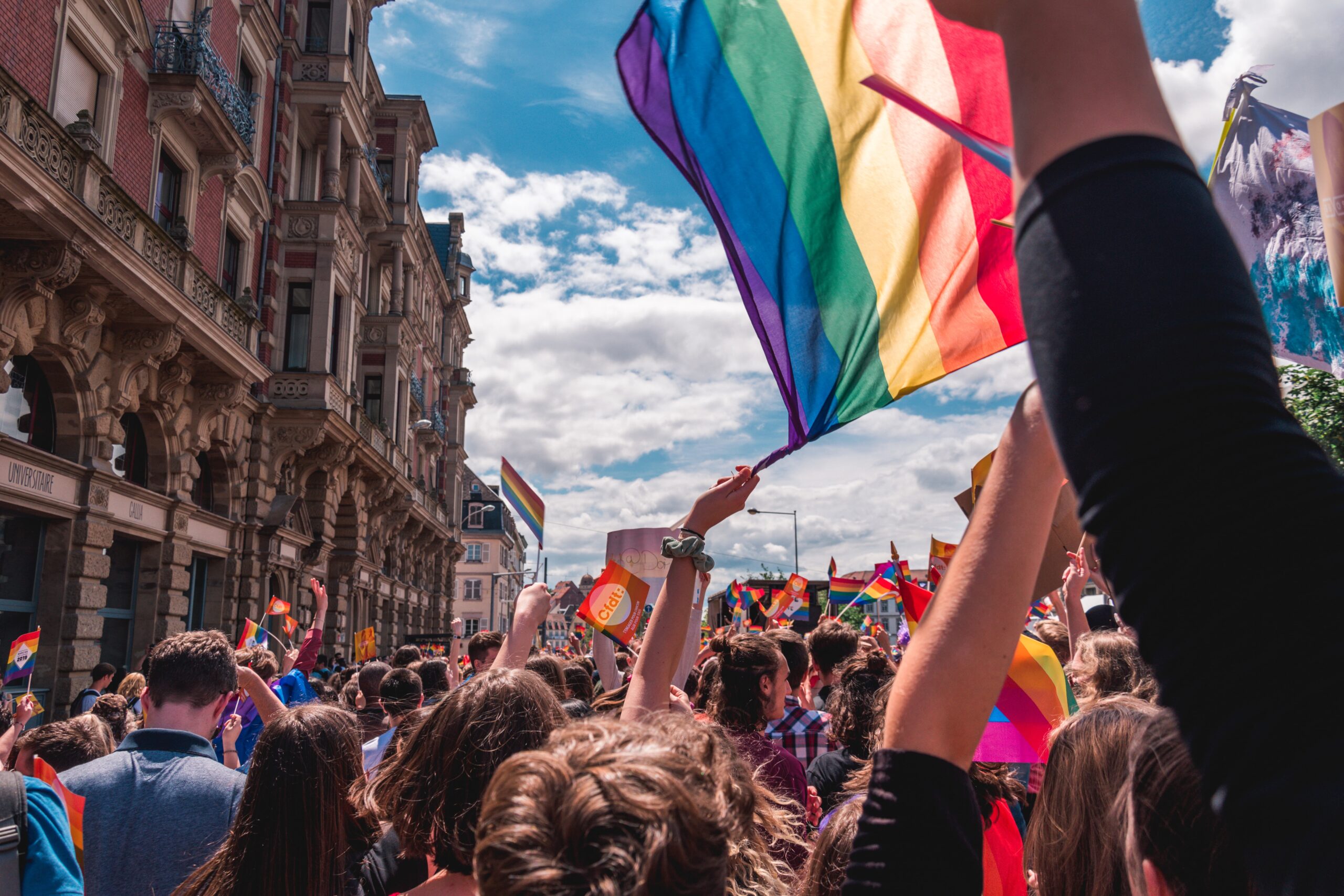A reflection on Pride’s history
The Stonewall riots began in the early hours of June 28, 1969 in Greenwich Village, when police raided a gay club located on New York City’s Christopher Street. Officers hauled employees and patrons alike out of the Stonewall Inn, resulting in several days of protests and clashes with law enforcement. The incident would become the driving force behind the emerging gay rights movement in the United States and around the world.
In the 60s, LGBTQ+ individuals sought freedom and expression in gay bars, which acted as a safe haven where they could go to socialize openly. The New York State Liquor Authority penalized and shut down establishments that served alcohol to known or suspected LGBTQ+ individuals, arguing they were gathering in violation of law. The presence of gay people was considered de facto disorderly, and abrupt raids by the police busting down doors and searching for violations became routine in New York City.
On a steamy Friday night in 1969, the Stonewall Inn spurred its normal crowd of patrons of the local LGBTQ+ community – homeless gay teens, trans women of color, lesbians, drag queens, and gay men. No one’s quite sure exactly how the altercation with police unraveled, but there was no dispute that the patrons refused to leave the bar and fought back vigorously.
Stonewall’s legacy
The rebellion in Greenwich Village escalated over several days of riots, becoming a key turning point and catalyst for the most influential gay liberation movement in history. The violence inspired LGBTQ+ people throughout the country to organize and within two years of Stonewall, LGBTQ+ activism was present in nearly every major city in the United States.
In 2000, the Stonewall Inn became a National Historic Landmark and is the reason why we celebrate June as LGBTQ+ Pride Month today. The movement and the activism that followed further raised the visibility of the gay community as more and more people were courageously decided to come out to family and friends. Just short the 50th anniversary of the riots, New York City’s police commissioner, James P. O’Neill, issued an apology on behalf of the police department saying, “The actions taken by the N.Y.P.D. were wrong—plain and simple.”
The Maxim way
Here at Maxim Healthcare Services, our mission is to enhance the quality of life for everyone in the community. We promote inclusion and diversity in every aspect of our company, whether it be internally or externally. We believe in togetherness and embracing each other’s differences. Maxim celebrates diversity and the mission of encouraging, celebrating, and welcoming all members of the LGBTQ+ community.
Maxim is committed to providing equal opportunities for every employee, and focus on quality, inclusive care for each and every one of our patients. Pride Month is a reminder of the tremendous sacrifices made which helped leverage the LGBTQ+ movement on a global scale. It is a celebration of how far the gay community has come, and is a sign of hope for future change. Maxim incorporates all the factors of inclusivity in all aspects of the company, in order to make certain that everyone is heard. For more information on Maxim’s commitment to diversity and inclusion, visit our D&I page on our careers site here.




